Level 3 Newsletter
Term 3

Level 3 Newsletter
Term 3
Dear Parents and Guardians,
Welcome to Term 3! We hope you and your families have had a wonderful, relaxing break and are ready for another very different looking term. In Term 2, we were really impressed by the students’ positive attitudes and ability to adjust to learning in a very new way, so whilst we know this term will be another challenging one, we are confident that the students will continue to be engaged and motivated to learn!
We would like to take this opportunity to welcome Cath Chen to Glen Waverley Primary School. Cath is the teacher of 3B, and you can read her short biography attached to this newsletter. Ms. Kathy Williams (Maths Innovation) will also be working with our team in the area of Targeted Student Learning, which will support the Level 3 teachers.
Whilst we know that this year has been quite different, we would like to thank you all for your support in helping your children to navigate Learning from Home. I think it is safe to say that we have all gained a range of new technology skills this year, which is certainly a positive! We look forward to continuing to be partners in the learning process for the remainder of 2020.
Cath is the eldest sibling in her family – she has a 20 year old sister called Sabrina, who is currently studying Commerce and Finance. She can speak Mandarin fluently, and has played the piano for more than 15 years. Cath loves to read books, cook and bake new things, hang out with her friends and listen to music. She considered a career in music and paediatric nursing before embarking on a career in teaching. Cath loves to travel with her friends – she has been on a cruise to the Pacific Islands, and also visited London, Paris and in Australia, Port Douglas, Queensland. Cath is looking forward to continuing to get to know the students and families at GWPS.


Throughout Term Three, Level Three students will be completing learning experiences covering a variety of topics in the field of Mathematics. These units of Mathematics will be catered for both Learning from Home and during learning at school. Areas to be focused on include:
Fractions and Decimals.
Students will learn about place value of decimals and fractions. The students will explore a range of skills linked to the calculation and application of decimals and fractions. This will include equivalent fractions, adding and subtracting with fractions; and the relationship between decimals and fractions.
It is important that the students can explain their thinking and model it with materials.


Money.
Learning tasks will focus on a range of skills related to money and finances including equivalent money, calculating change, recognition of Australian currency and real-life problem solving. Some classroom tasks will be closely linked to our Inquiry unit transferring knowledge from money to how currency was utilised in the past.
Shapes.
By transferring learnt skills from angles, students will learn how to describe and categorise two-dimensional shapes at a deeper level. They will be exploring the geometric properties of a shape and investigating different ways to combine two-dimensional shapes to form composite and three-dimensional shapes.
Mass, Volume and Capacity.
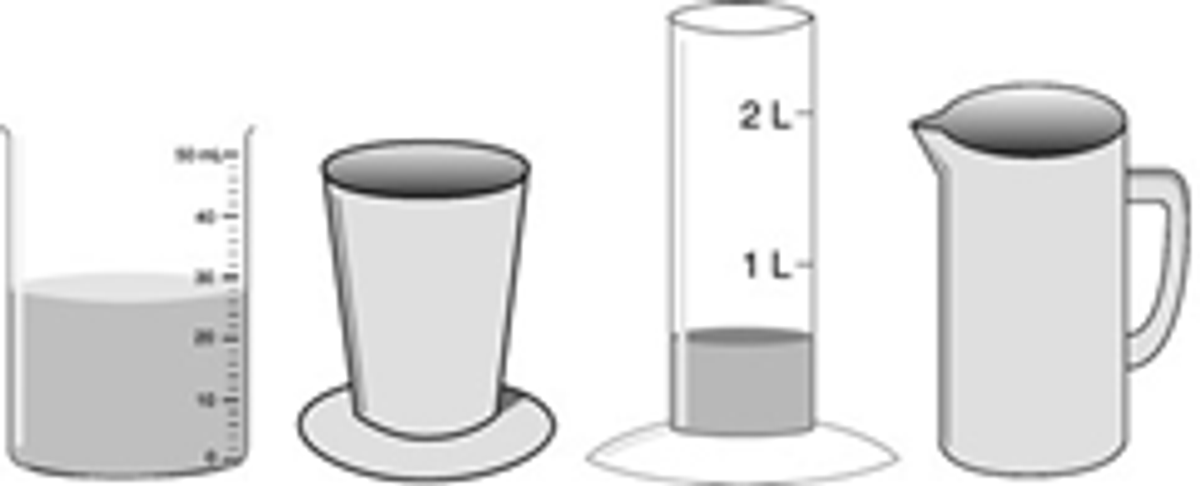

Learning tasks will involve students measuring, ordering and comparing objects using familiar metric units of mass, volume and capacity. This will include students measuring using millilitres, litres and kilograms.
Students will continue to extend their thinking by applying the four proficiencies (SURF – Problem Solving, Understanding, Reasoning and Fluency). This will ensure that as well as understanding and applying a particular concept with speed and accuracy, students will develop problem solving and justification of their mathematical thinking. This aids in building the ability to apply mathematical understandings to situations outside of the classroom. In all topics, students will be given real life problems to solve to ensure they are able to apply the skills and concepts needed. The students have demonstrated Self-Regulation in setting and creating individualized SURF goals that they will focus on during Mathematics lessons to increase their understanding of the unit they are learning.
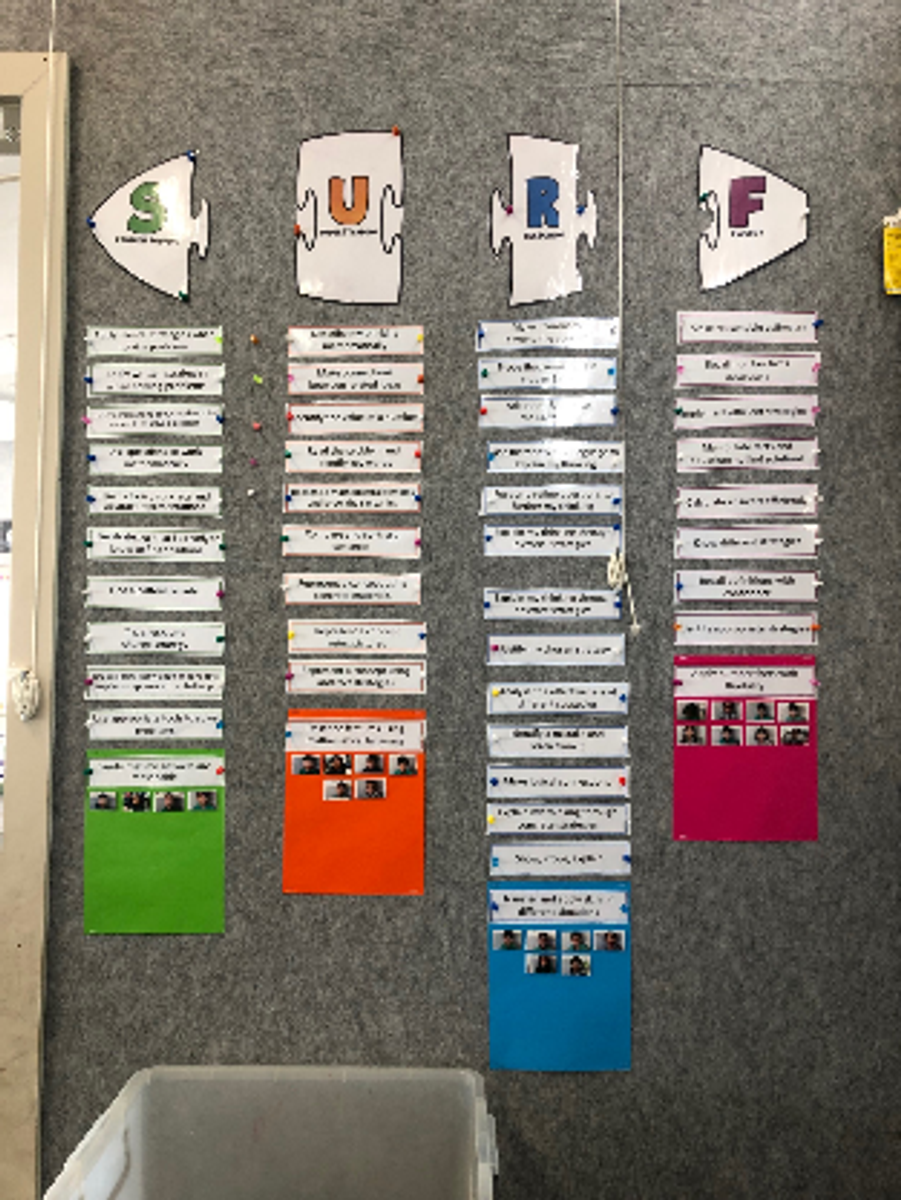

Reading
The Reading and Viewing curriculum during this term has been structured to further develop students’ understanding and learning experiences. They will revise and be exposed to a variety of CAFÉ reading strategies to assist in the accurate reading and comprehension of various kinds of Letters, Emails and Poetry. These strategies will include comparing and contrasting, determining the author’s purpose, make and adjust mental images, adjust and apply different reading rates to match the text and tuning into interesting words.
It is important to remember that a Reading lesson may consist of students viewing a visual text such as a video clip, listening to an audio clip, listening to and watching a story on an iPad or simply reading aloud to an adult or peer. This allows students to become exposed to various mediums and enables them to identify the way an author intends for a piece to be read. During Learning from Home, students will obviously be using technology to complete some of their reading tasks.
As part of the Level Three Reading program, it is an encouraged that students read for at least fifteen minutes each night at home, and record this in their diaries. It would be wonderful if you could support your child’s reading and assist them with their comprehension by discussing the book with them. The following questions are a great way to start a conversation: and taking the time to discuss the book with them. The following questions are a great way to start a conversation:

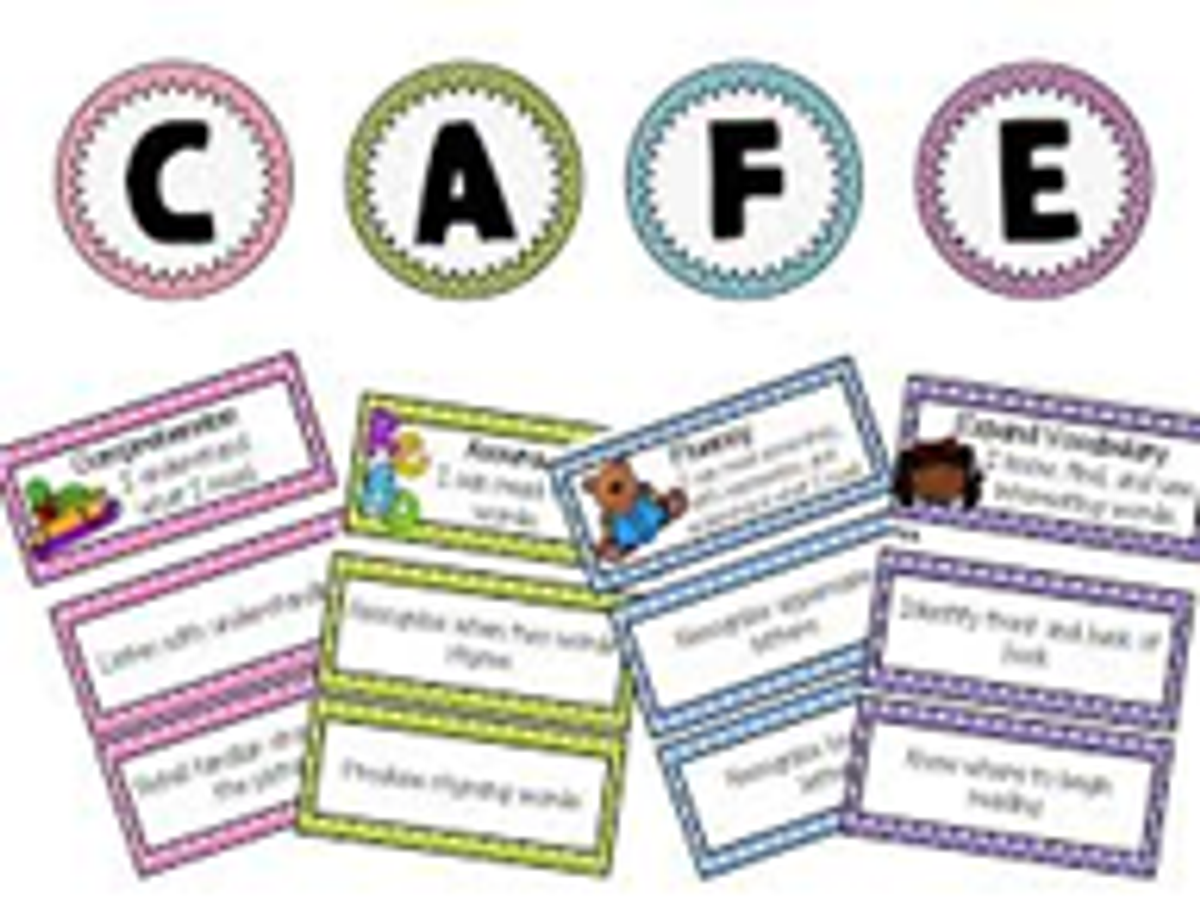


Speaking and Listening:
While learning from home, every opportunity will continue to be provided this term to encourage the students to further develop their speaking and listening skills. This will occur through presentations of their learning during class check in times and discussions in group conferences. Active listening will be expected with the students being encouraged to ask questions, following their sharing. We encourage confident, clear speaking and active listening at all times. Respect for others thoughts and taking turns continue to be paramount to any speaking and listening learning tasks implemented in the class. Even while learning remotely, the students will be encouraged to continue to use ‘Talk Moves’ to show their understanding and interaction with topics being discussed.
Writing:
In Writing, Level Three have been developing a deeper understanding of the structure of Letters. Through this unit we will been looking into the purpose and structure of a range of letters, such as personal letters, business letters and emails. The students will have opportunities to write a letters with real purpose, by ensuring the letter reaches their intended recipient. The second half of this term the level three students will be focusing on Poetry. We will be beginning to transfer the skills that we have previously learnt from vocabulary and specific spelling patterns, such as syllables and or rhyming words, to create poetry that is engaging and allow the reader to visualise a creative picture in their mind. There has been an emphasis on descriptive language, utilising our five senses, in order to create pieces that hook our reader’s attention through emotions.
The four forms of poetry that we will be focusing on are:
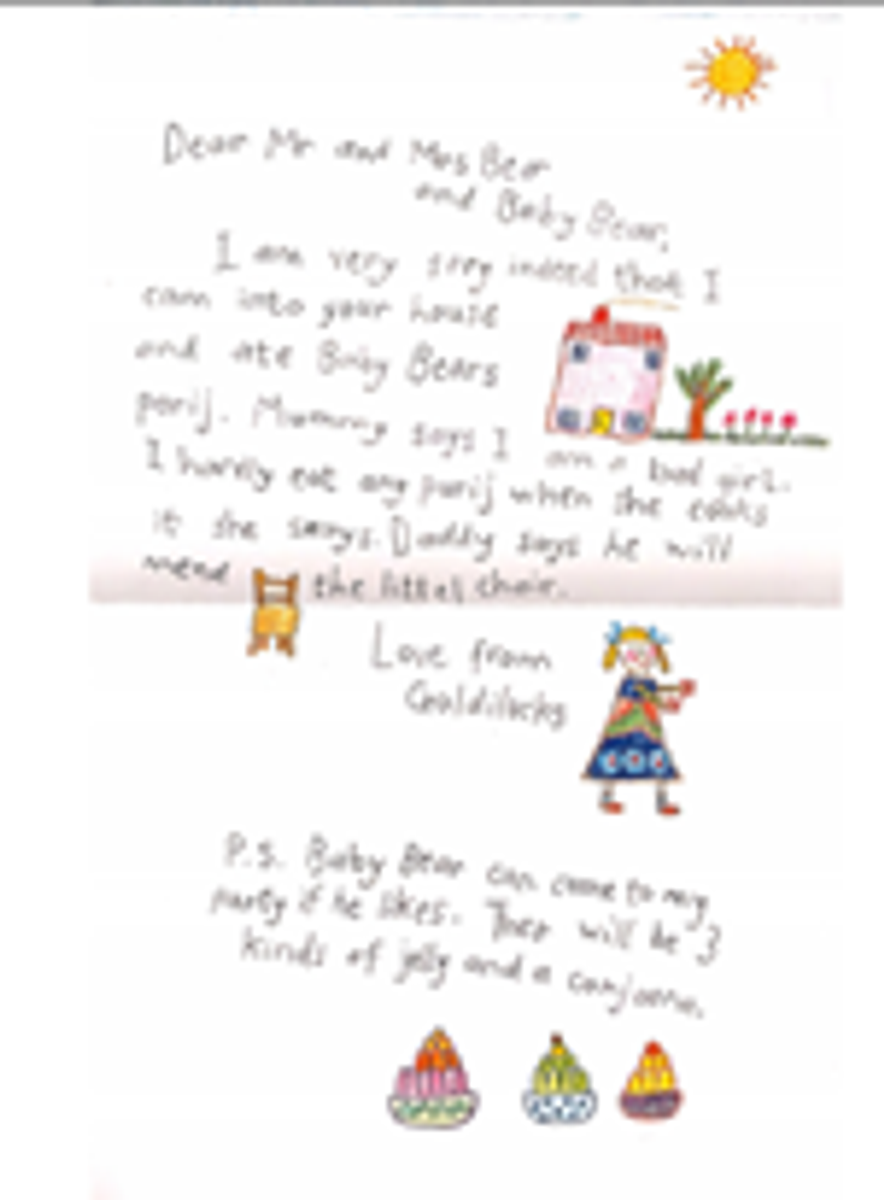

We cannot wait to read the creative, emotive and thought-provoking poems our students will produce. Look out for these on display in the Level Three corridor throughout the term.
Spelling:
As part of the Spelling program in Term Three, students will be encouraged to continuously expand their vocabulary, and this process will continue to be assisted with the Spelling Inquiry. The students will participate in ‘Word Studies’, which allows them to have a direct approach to spelling inquiry before undertaking their own personal spelling inquiry.
During their independent inquiry sessions, students will identify words misspelt in their writing, and then research these words, developing a rich understanding of the origin, definition and other important elements relevant to their spelling words. They will investigate the structure of words to understand how to use prefixes, suffixes and base words.
As a class we will be undertaking an investigation focusing on a specific letter pattern and a list of words will be formulated. Students will choose words from this list that are ‘good fit’ words for them. Student will then challenge themselves to use these new words in a range of contexts, developing a deeper understanding of their meaning and use within their writing.
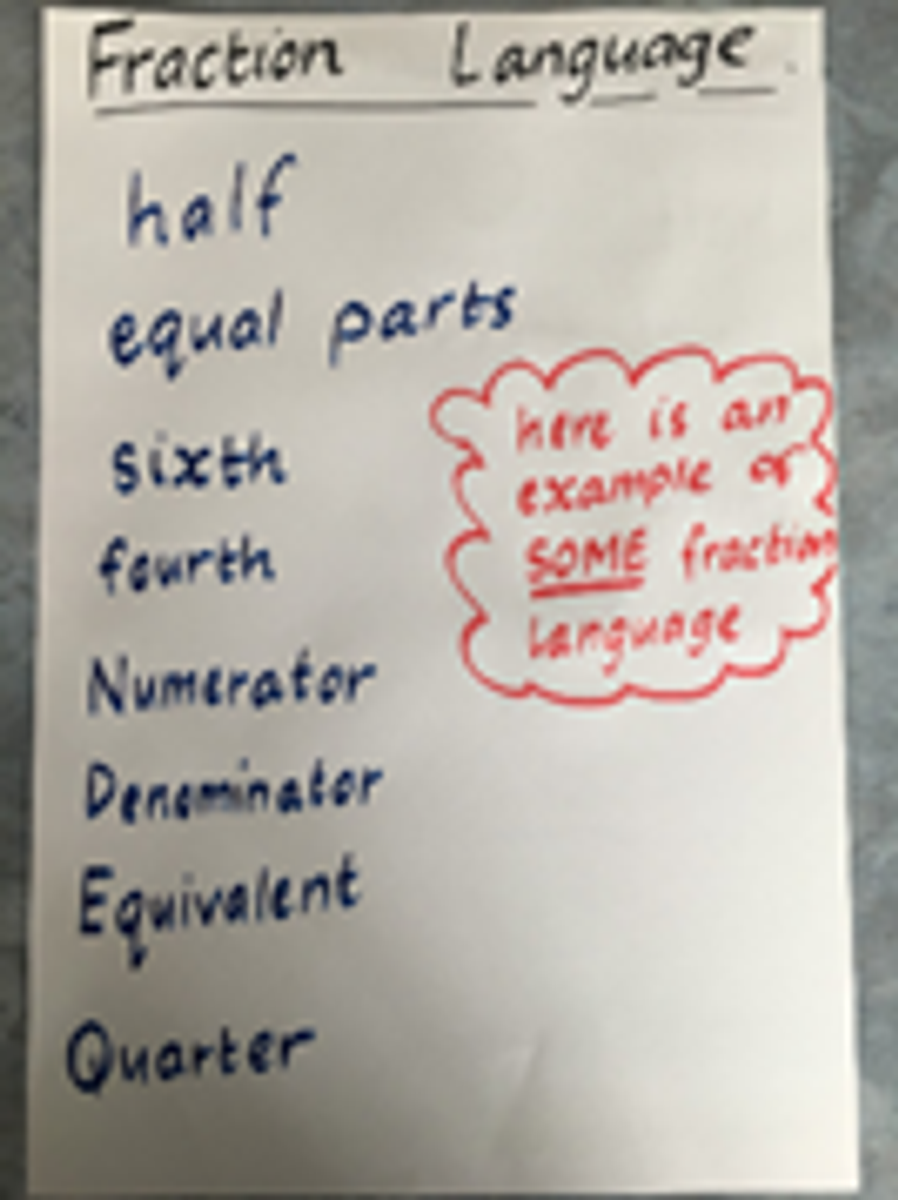

Inquiry:
Term Three Inquiry will see our children exploring the question “How did European settlement affect the indigenous community?”. They will develop an understanding of the different aspects of Aboriginal culture and the many ancient traditions they held. Our students will reflect on the situation of the poor and the powerful in England at the time and have a thorough understanding of their society. The colonisation of Australia will be analysed as well as the events that led up to the First Fleets landing on Australian soil. They will research the events that lead to the Stolen Generation and the lasting effects on Aboriginal culture. It is essential that by the end of this term our students will have a thorough understanding of Aboriginal culture and how we show our appreciation and respect to them today.
By the end of Term Three, children should be able to…




In Level Three, we are very excited to ensure we are all developing the areas of the 3 Foci that our school introduced this year. As year levels and individuals and as students and teachers we are all focused on ensuring we implement:
These foci will be at the forefront of our planning and actions to ensure Glen Waverly Primary School and the school community continue to be the best that we can be!
Just a few Learning from Home reminders for you:
If you have any other queries or concerns you would like to discuss with your teachers please don’t hesitate to organise a meeting or can send any inquires through an email to your child’s classroom teacher. Our students’ well-being is always at the centre of our thoughts and actions.
Thanking you for your ongoing support and assistance and looking forward to a productive Term Three,
Kind Regards,
Christine Marotti, Cath Chen, Alana Essa, Christopher Distefano and Gemma Simmons